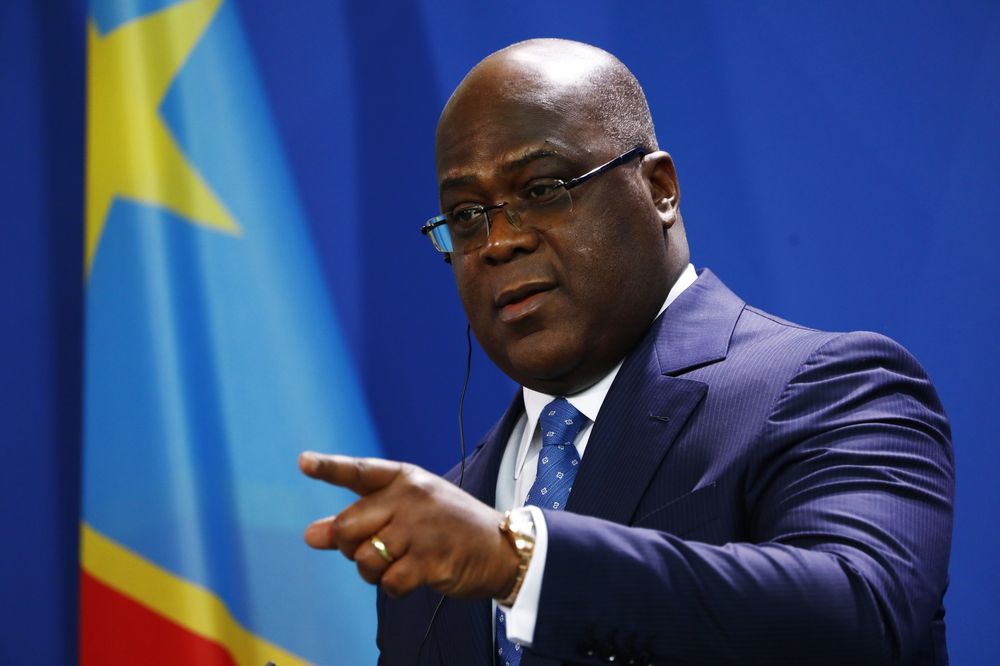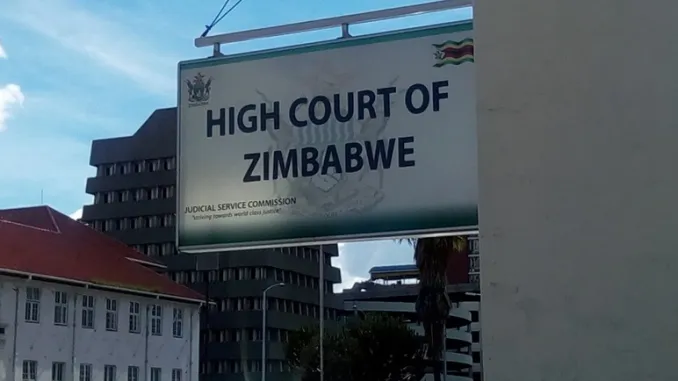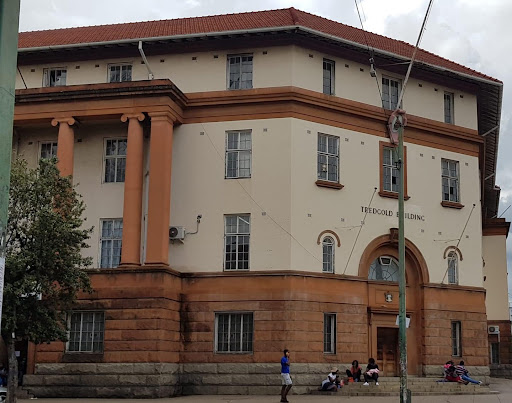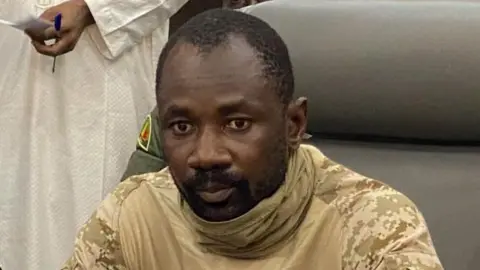DRC, Kinshasa – Twenty-four candidates, including Congolese President Felix Tshisekedi, have officially declared they will compete for the presidency in the December election, the electoral commission said on Sunday – the deadline for submissions to the race.
Old rivals, first-time contenders, and previously sidelined presidential hopefuls are among those running against Tshisekedi, creating a crowded field that some believe could split the opposition vote and increase his chances of securing a second term.
Democratic Republic of Congo’s CENI election commission shared the profiles of the 24 candidates for the Dec. 20 poll on social media platform X, formerly known as Twitter. The constitutional court will officially confirm the final list in the coming weeks.
In the meantime, tricky talks are underway between some of the contestants about uniting behind a common opposition figure, said Tresor Kibangula, political analyst at the Ebuteli Research Institute.
“It will be difficult to reach a consensus on a single candidacy as some candidates are playing for their political survival”, he said on Sunday.
With less than three months to go before the presidential and legislative vote, international allies including the United States and human rights groups have accused the authorities of cracking down on dissent and freedom of expression. The presidency has denied the allegations.
The transparency of the electoral process itself has also come under fire from Congo’s powerful Catholic and Protestant churches, which traditionally help monitor elections with thousands of observers.
The European Union has been invited to send an observer mission also. The bloc is considering the request and discussions are ongoing, an EU spokesperson said on Thursday, cautioning that the Congolese authorities would need to fulfil specific conditions for such a deployment.
All of the opposition candidates have expressed concern about the risk of electoral fraud including Nobel prize-winning gynecologist Denis Mukwege, who is running for the first time, and Martin Fayulu, who came second to Tshisekedi in the 2018 election – a result he contested in court.
The CENI has said preparations for the vote are on track and disputed allegations of irregularities with the electoral roll – an issue that provoked violent anti-government protests in May.
The commission’s handling of the electoral roll dispute and “the shrinking of the political space, sets the stage for the contestation of the results, and even possible electoral violence,” said the analyst Kibangula.
More political unrest would further destabilise the mineral-rich nation that is already struggling to contain a myriad of armed groups and a rebellion in eastern regions.
















